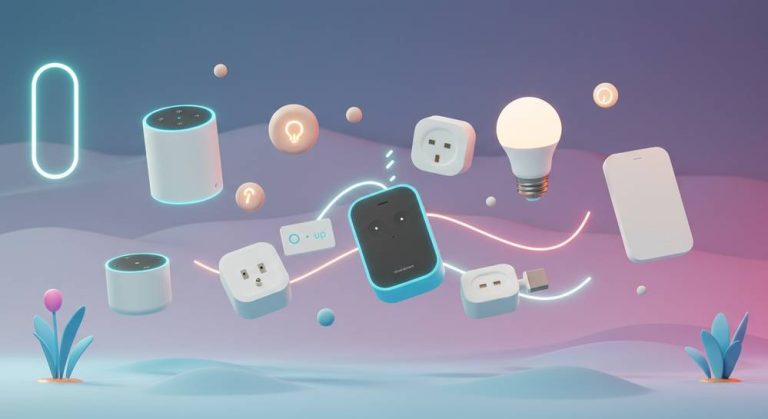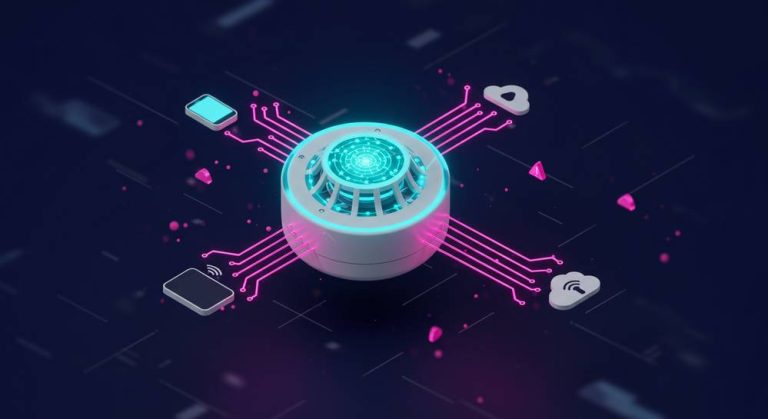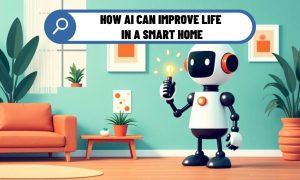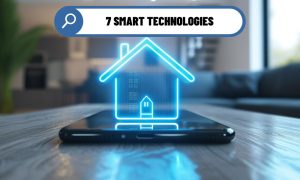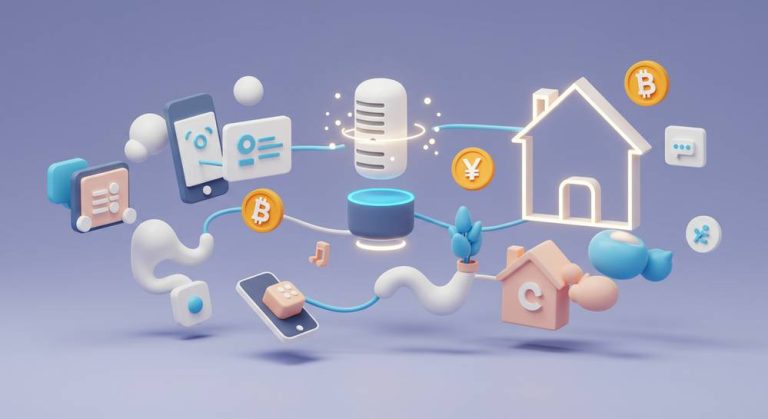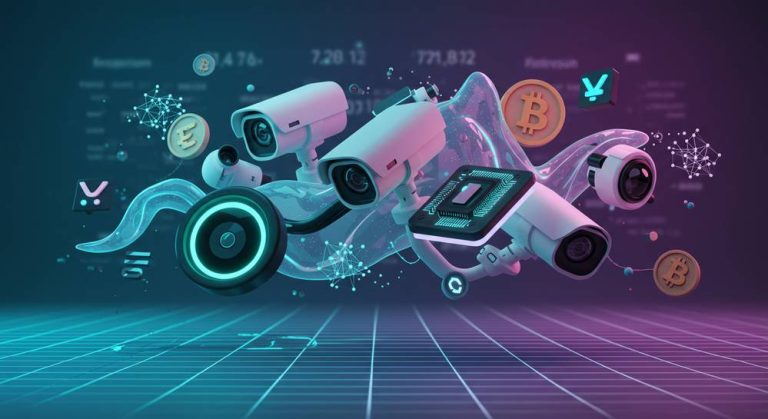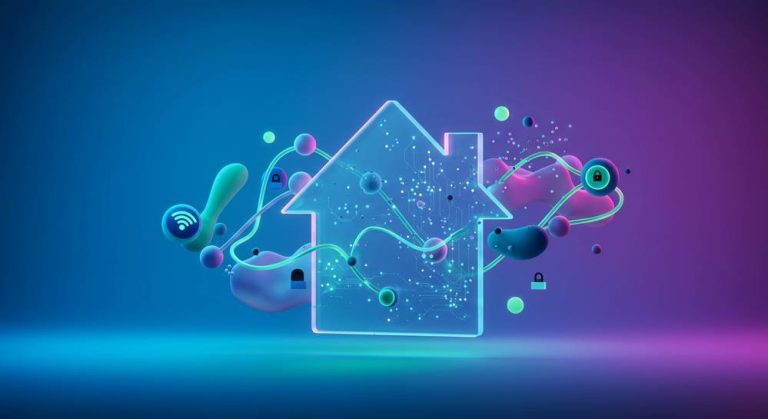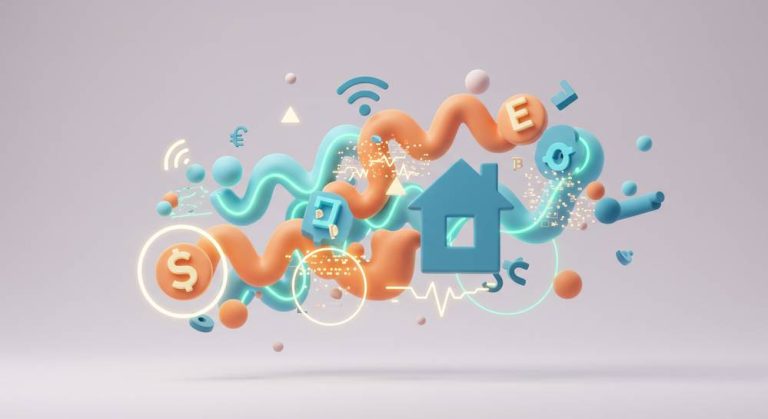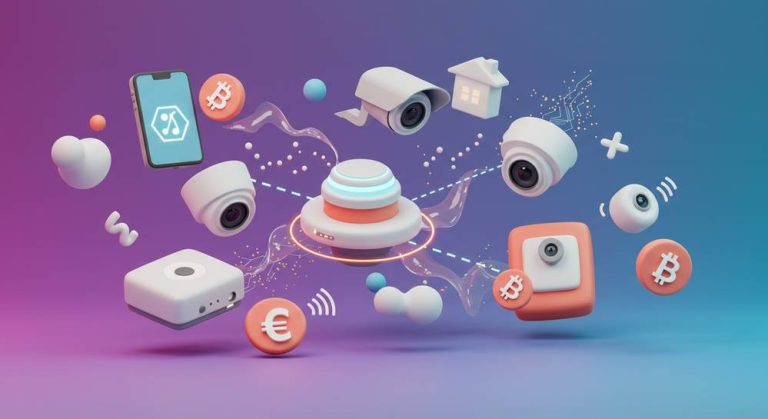In the ever-evolving world of decentralized technologies, it’s not just the financial ecosystem that’s being transformed—our homes are, too. While much of the attention in crypto and Web3 is placed on digital assets, AI is quietly revolutionizing the physical environments we live in. From automation to personalization, the integration of artificial intelligence in smart home systems reflects a broader shift toward autonomy and real-time adaptation.
Among the most impactful innovations are the 6 AI devices used in smart home setups that are not only redefining convenience but also aligning with values that resonate with blockchain communities: control, efficiency, and secure automation.
AI Devices Used in Smart Home Systems
AI at Home: A Mirror of Decentralized Intelligence
Artificial intelligence in the home offers more than just voice commands or remote access—it provides a distributed layer of intelligence capable of adapting to user behavior, much like smart contracts respond to real-world conditions. Smart speakers, for example, have evolved into dynamic control hubs. With the ability to learn, recommend, and respond contextually, they act as real-time interpreters of user intent—similar to how oracles feed data into blockchain networks.
This kind of personalized learning, seen in multiple AI devices used in smart home environments, brings a human-centric experience to automation. It transforms routines into adaptive workflows, much like automated yield farming adapts to market changes in the DeFi space.
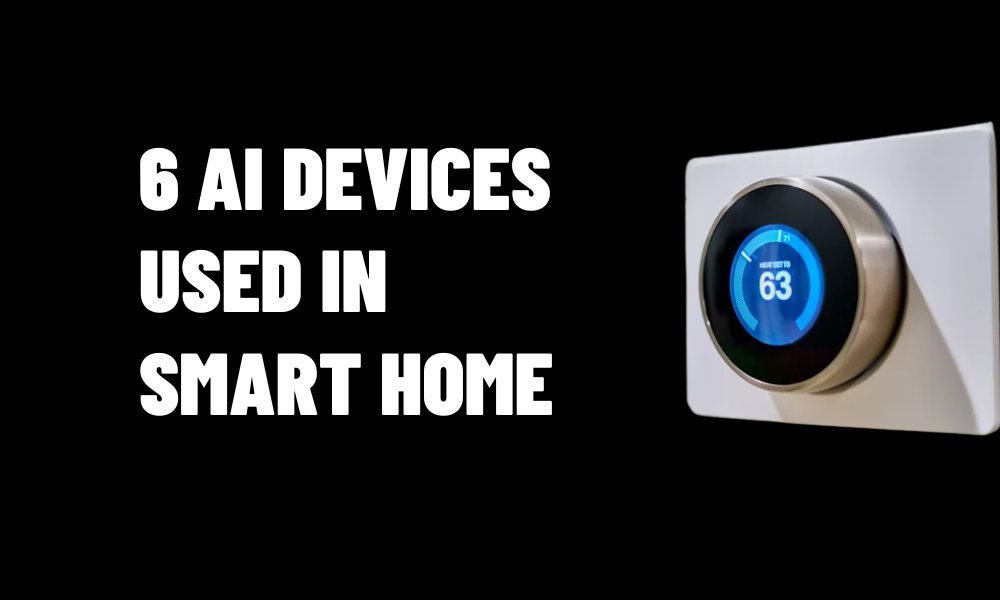
Security with Intelligence: A Priority for Digital Asset Owners
For those involved in crypto, physical security is just as vital as private key protection. AI-powered home security systems—ranging from smart cameras to intelligent doorbells—bring context-awareness into your physical space. These devices not only detect motion but differentiate between familiar and unfamiliar faces, minimizing unnecessary alerts while enhancing peace of mind.
The trustless model of blockchain finds its parallel here: security decisions are data-driven, autonomous, and not reliant on human oversight. It’s no surprise that these devices are among the most adopted of the 6 AI devices used in smart home systems.
Energy and Time: Two Valuable Commodities
AI also introduces intelligent energy usage—a value closely aligned with the crypto community’s ongoing pursuit of efficiency. Smart thermostats and lighting systems anticipate needs based on behavioral patterns and environmental data, offering optimized performance without manual input. In the same way that Layer 2 scaling solutions reduce blockchain congestion, these devices optimize home systems without increasing operational load.
And for time-conscious builders and investors, automation through robot vacuums and smart lighting means less micromanagement and more focus on what truly matters—be it market analysis, coding, or DAO governance.
A Shared Ethos: Automation and Autonomy
What makes these 6 AI devices used in smart home environments particularly relevant to the blockchain community is their emphasis on autonomy. Smart devices operate without constant human intervention, governed by algorithms, just as decentralized protocols do. It’s this parallel—between smart homes and smart contracts—that signals a larger cultural convergence.
Both spaces reward early adopters. Both thrive on optimization. And both are moving toward a future where systems think and act on behalf of users—securely, intelligently, and without friction.
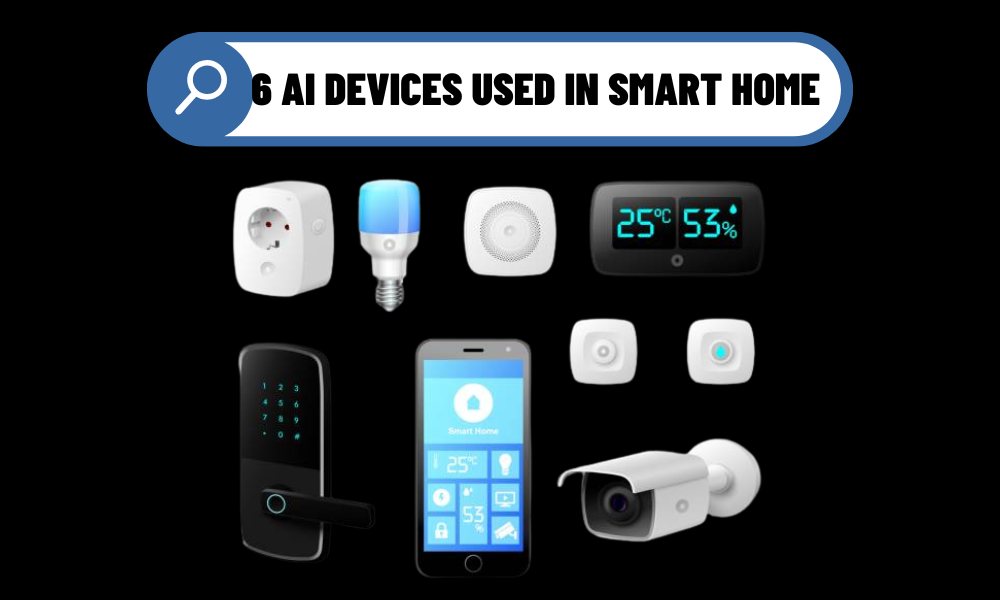
Where AI Meets Web3—At Home
As smart homes become more intuitive, the 6 AI devices used in smart home ecosystems offer more than convenience—they represent the embodiment of Web3 principles in real-world spaces. The shift toward self-learning, responsive environments reflects a vision where homes operate like decentralized nodes: secure, adaptable, and intelligently connected.
For those shaping the decentralized future, bringing AI into your living space isn’t just a lifestyle choice—it’s a step toward aligning your personal environment with the very technologies you believe in.
